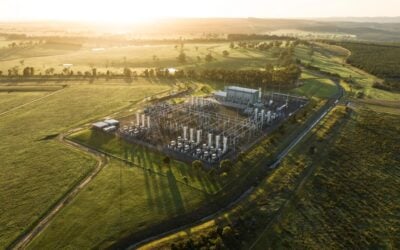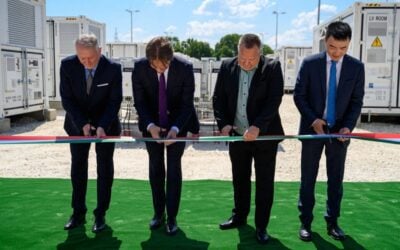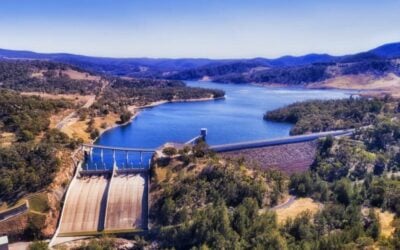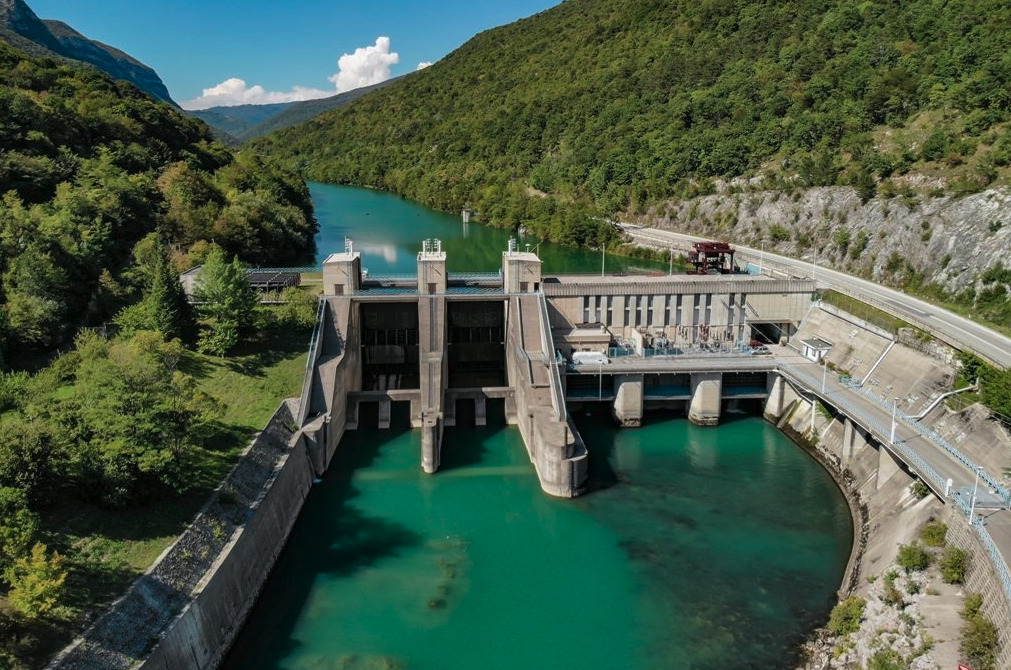
State-owned utility and power generator HSE is targeting 800MW of flexibility assets across Slovenia by 2035, including pumped hydro energy storage (PHES) and battery energy storage systems (BESS).
HSE, or Holding Slovenske Elektrarne, aims to have 175MW of flexibility resources online by 2030 before nearly quadrupling that number by 2035.
Enjoy 12 months of exclusive analysis
- Regular insight and analysis of the industry’s biggest developments
- In-depth interviews with the industry’s leading figures
- Annual digital subscription to the PV Tech Power journal
- Discounts on Solar Media’s portfolio of events, in-person and virtual
The 800MW will be made up of 590MW of pumped hydro energy storage (PHES), 150MW of battery energy storage systems (BESS), 50MW of electrolysis and 10MW of active consumption (AO). The latter wasn’t defined but most likely refers to ‘prosumers’, i.e. consumers of electricity that also have their own generation and can therefore consume more flexibly.
The plans were revealed in its 2023 annual report released last month, which also spelt out its broader energy investment goals. By 2035, it aims to deploy 1,400MW of solar and 70MW of wind across Slovenia alongside other resources totalling 1,751MW of additional capacity.
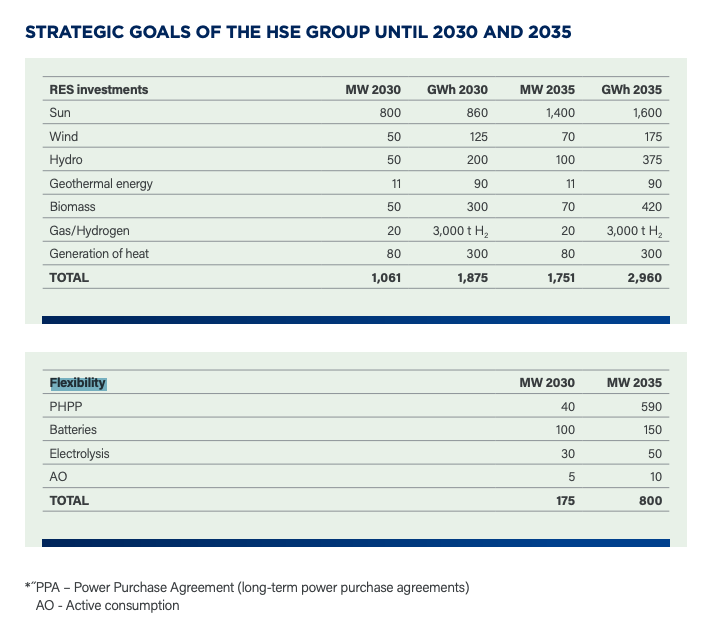
The figures may include two BESS units totalling 60MW which HSE subsidiary Dravske elektrarne Maribor (DEM) is planning to co-locate with a PHES unit, reported on previously by Energy-Storage.news.
HSE is also considering adding a BESS unit to its Prapretno 3 PV project, but said that funds from the EU’s Just Transition Fund (JTF) would need to be obtained to do so. The JTF provides funds to territories expected to the most negatively impacted by the transition to climate neutrality. Other countries to have used the funding for energy storage include Cyprus.
Slovenia is also utilising the EU’s State Aid Temporary Crisis and Transition Framework to provide €150 (US$160 million) in state aid for renewables and energy storage projects, with funding set to be allocated no later than the end of next year.
The BESS market in Slovenia is currently dominated by independent power producer (IPP) NGEN, which has the three projects totalling 90MWh and is set to build another, 140MWh, system. The company will be speaking at Solar Media’s Energy Storage Summit Central Eastern Europe (CEE) 2024 in Poland later this month.



